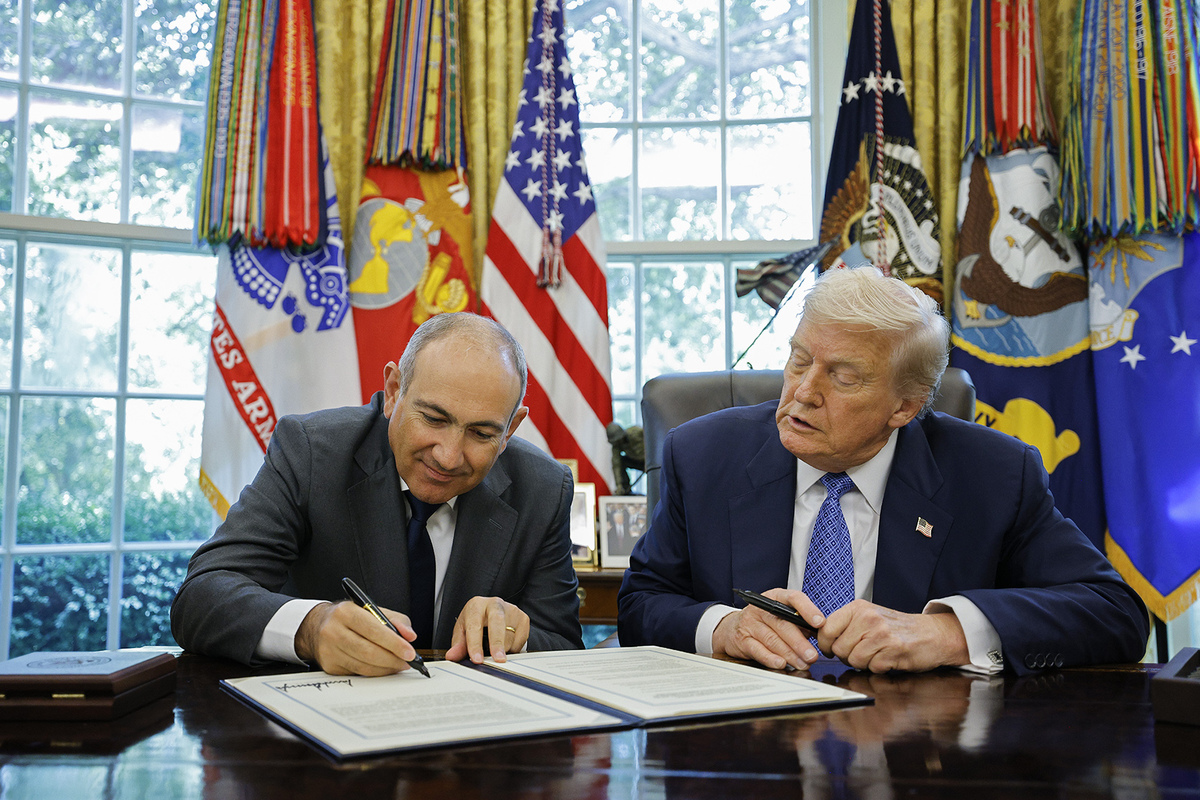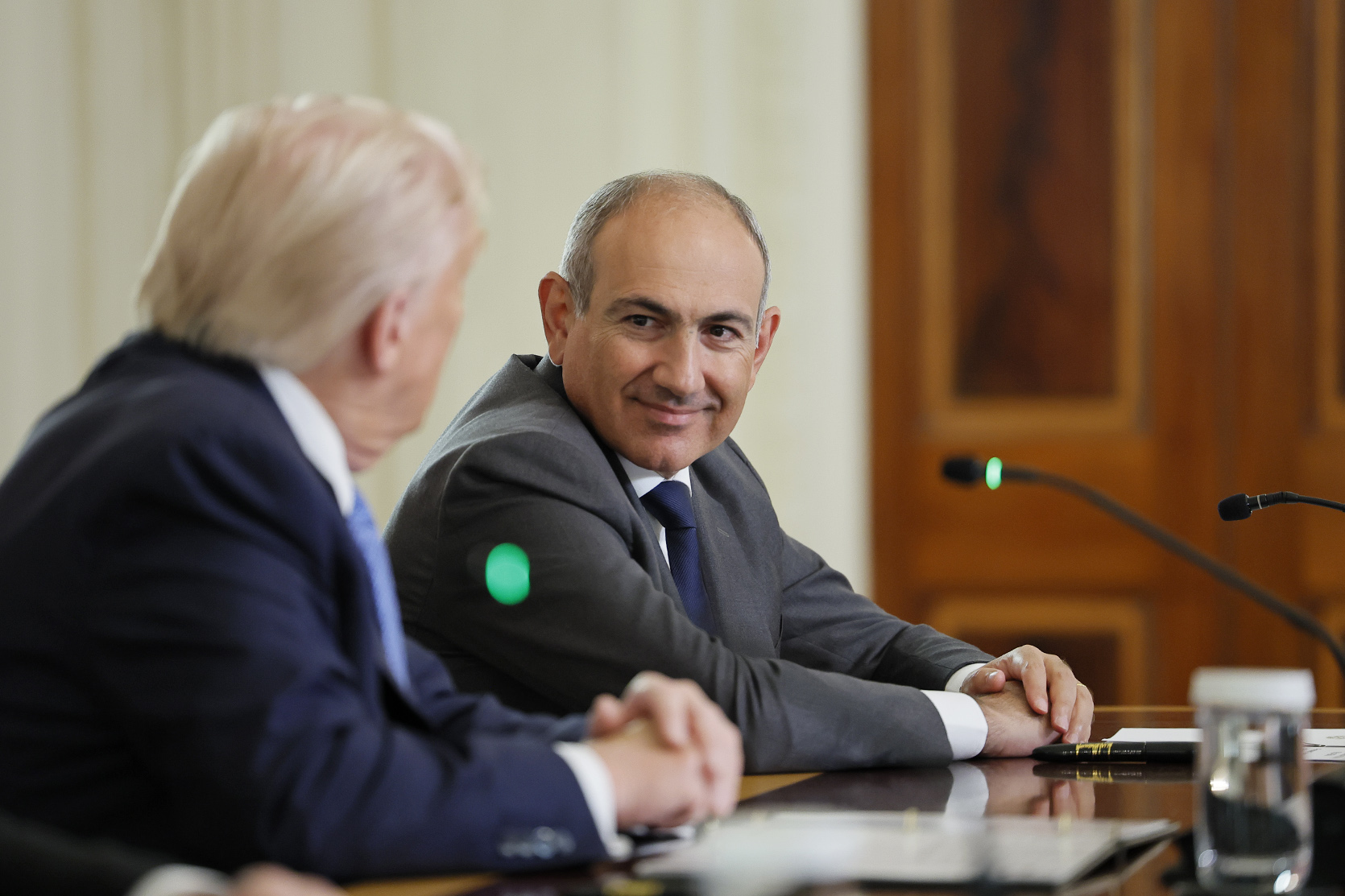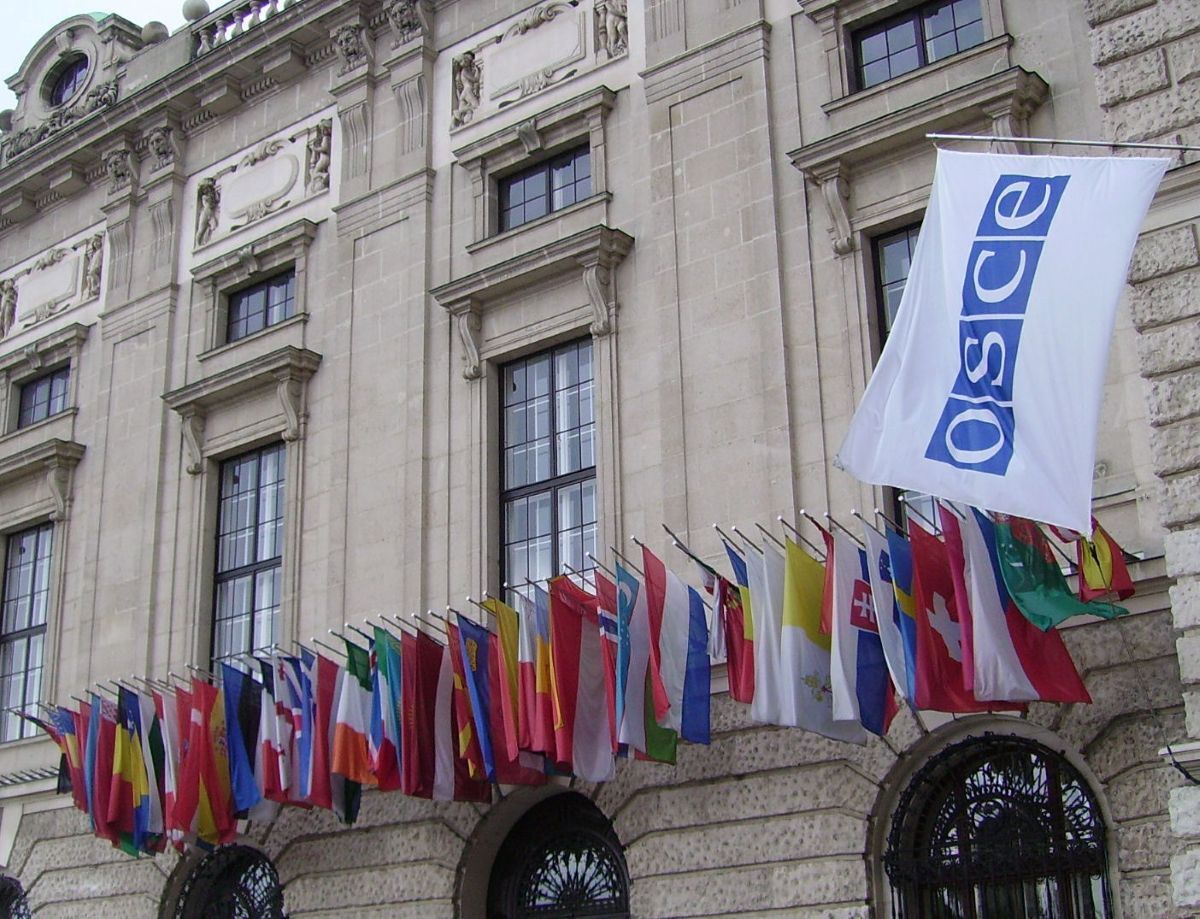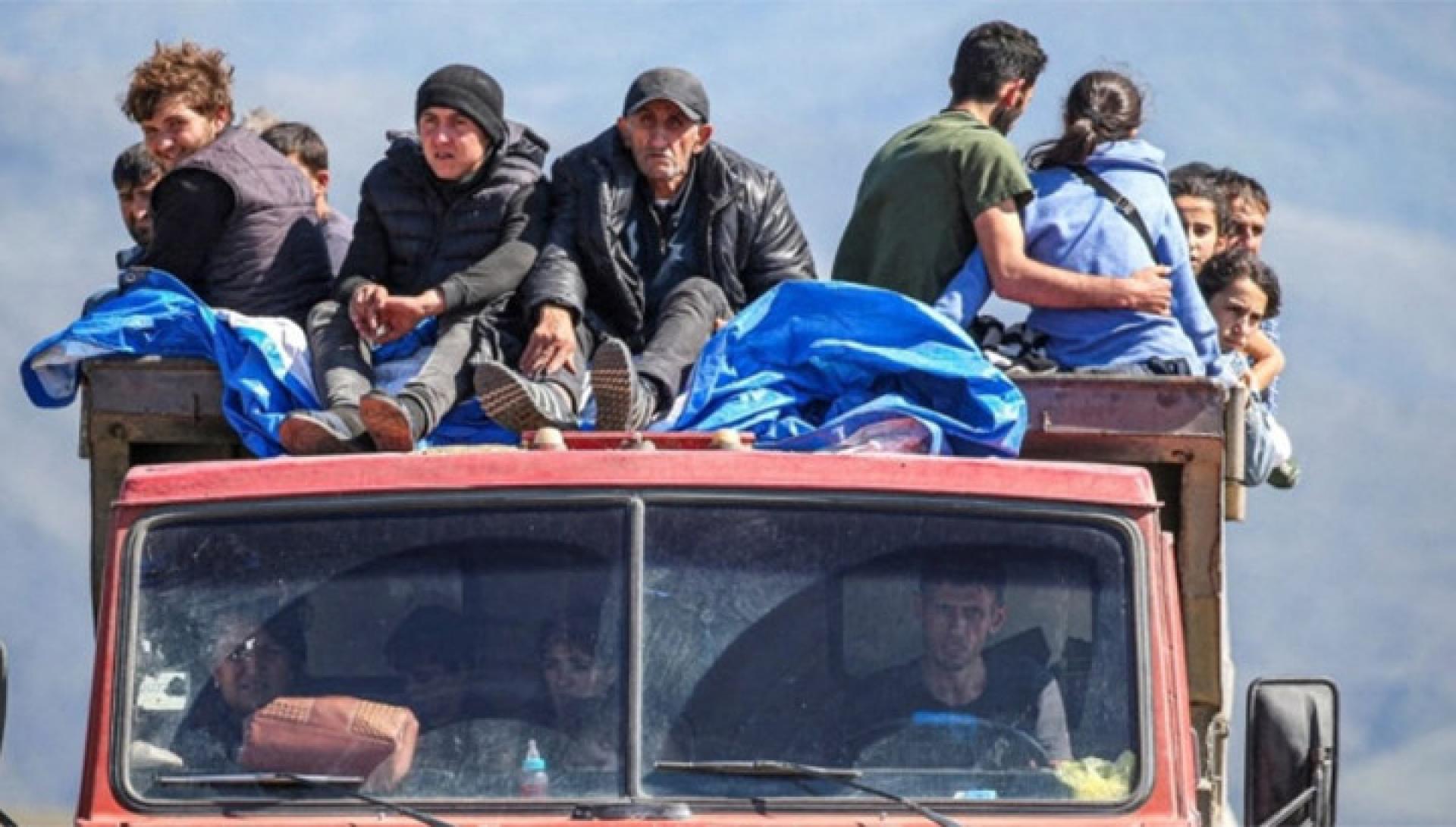Thomas de Waal: Peace between Yerevan and Baku is possible, but not guaranteed
Thomas de Waal on the Washington agreements
Thanks to the Washington meeting between Donald Trump, Nikol Pashinyan and Ilham Aliyev on 8 August, peace between Armenia and Azerbaijan has become more achievable. That was the view expressed by a senior fellow at the Carnegie Endowment for International Peace Thomas de Waal in an interview with Radio Azatutyun (Radio Free Europe/Radio Liberty’s Armenian service).
He stressed that peace has not yet been secured, but remains possible, with many steps still required before a treaty can be signed. In this context, he recalled that Baku’s precondition for such a deal — a change to Armenia’s constitution — remains in place.
De Waal suggested that turnout in the 2026 parliamentary elections could be higher if they were held alongside a constitutional referendum. At the same time, he warned that the outcome of such a vote would be hard to predict and the result expected in Baku was far from guaranteed.
“We know prime minister Pashinyan and his party are losing support. We also know the Armenian opposition, with Russian backing, is a key factor. It’s likely the opposition will try to use the constitution issue to block a peace agreement. That’s quite a probable scenario,” he said.
In the interview, de Waal analysed the results of the three-way Washington talks, highlighted unresolved issues, and spoke of the “closed chapter” of the Karabakh conflict and the dissolution of the OSCE Minsk Group.
- “Baku not only gained dividends in Washington but also made concessions to Yerevan” – Opinion
- “Trump Route” will create conditions for new investment in Armenia – economist
- ‘Armenian-Iranian relations are not a bargaining chip’: Yerevan reassures Tehran
- ‘No third-party control’ – Armenian foreign minister on the “Trump Route” programme
Yerevan and Baku want the US, not Russia, to oversee the route
“The new route through Syunik [southern Armenia] will be named after Trump. I think both sides deliberately took this step so that Donald Trump would be personally involved.”
The road in question will link Azerbaijan to its Nakhchivan exclave via Armenian territory. In Baku it has been called the “Zangezur corridor,” with demands for an “unimpeded” extraterritorial passage. Yerevan resisted losing sovereign control over its own land. In Washington, the two sides agreed to open the route, now dubbed the “Trump Route for International Peace and Prosperity” — TRIPP.
Negotiations over the Syunik road have been going on for a long time. Since 2021, Russia had led the talks through a trilateral intergovernmental commission. The November 2020 ceasefire statement, in Article 9, stipulated that Russia’s FSB border guards would monitor the road to Nakhchivan.
What has changed in recent months is that both sides agreed to reject Moscow’s project, its mediation and its security plan. Armenia and Azerbaijan alike have clashed with Russia in recent months, and neither wants a route controlled by Moscow.
It is clear that [Nikol] Pashinyan and [Ilham] Aliyev discussed the issue during their bilateral meeting in Abu Dhabi in July, which sped up the Trump administration’s involvement. In that sense, Trump was fortunate: both sides wanted a guarantor for the route that was not Russia — one strong enough to command respect in both Moscow and Tehran. That is what emerged from the Washington declaration.
This is undoubtedly a major step forward. But there are still many unanswered questions.
Two stand out. First, the details of the deal: who will pay, and who will provide security? Nothing has been said publicly.
Second, are we talking only about one road linking different parts of Azerbaijan through Armenian territory, or about a broader reopening of transport routes? For Armenia, the key issue here is the opening of the Armenian-Turkish border. These fundamental questions remain unresolved.
Russia disappointed but likely to accept Armenia–US deal
“Russia is clearly not happy, having lost its bid to make the FSB the overseer of this corridor. At the same time, Moscow’s official reaction has been fairly restrained, not especially harsh.
I think Russia also understands that if this route opens, so be it — it may not control its security, but it will still benefit. The road becomes a new link in the North–South corridor with Iran.
It is in Russia’s interest that there is no Western security presence on this road. I don’t think the Armenians are talking about a Western security role either. Perhaps a private company will be involved. So while the Russians may be disappointed with this deal, they will probably come to terms with it in the future.”
What route Armenia needs
“It’s positive that the Americans are involved. They have power, influence and money. But for Armenia to benefit, it can’t be just one road being unblocked. Armenia needs access through Azerbaijani territory to other countries. I think financing is crucial here.
It will be difficult to secure major international funding for just a single road through Syunik. International interest grows if it is part of a larger route starting in Kars, running through Gyumri, Yeraskh, Nakhchivan and then via Meghri into Azerbaijan. In that case it becomes an international corridor.
That’s what Armenia wants. I think this would attract international financing. But we don’t yet have an answer to this question.”
Thomas de Waal on the Washington agreements
The Karabakh conflict is a closed chapter
“This is, of course, bitter news for the Karabakh Armenians who have become refugees. But I think most of them realise there is very little chance of returning home in the near future.
There are no Armenians left in Karabakh. It’s very hard to imagine how that could change. I think a lot would have to shift in Armenian-Azerbaijani relations before people could go back.”
The OSCE Minsk Group could no longer function
“The Minsk Group was designed to resolve the Karabakh conflict. It was unique in that Russia and the West worked together in this format.
The 2020 war, Azerbaijan’s full takeover of Karabakh in 2023, and then the war in Ukraine effectively ended the group’s existence. It could no longer function in practice. I think its dissolution simply formalises what had already happened.”
The right of return has vanished from the discourse
“It should be said that [the Karabakh Armenians who left their homes after the 2023 fighting] are joining many others displaced by this conflict — for example, Armenians from Baku, Sumgait and Kirovabad, who have been in exile for decades.
In the draft peace agreements proposed by the OSCE, the Madrid Principles always referred to the right of return for all those displaced by the conflict. For me, that was an important element. But this issue has disappeared from today’s discourse. That is very sad for me.
I think we can hope that if long-term peace is established between Armenia and Azerbaijan, people will feel safe enough to return. But I would be very surprised to see Armenians living again in their former homes any time soon. We are talking about many, many years down the line — not the near future.”
Thomas de Waal on the Washington agreements























